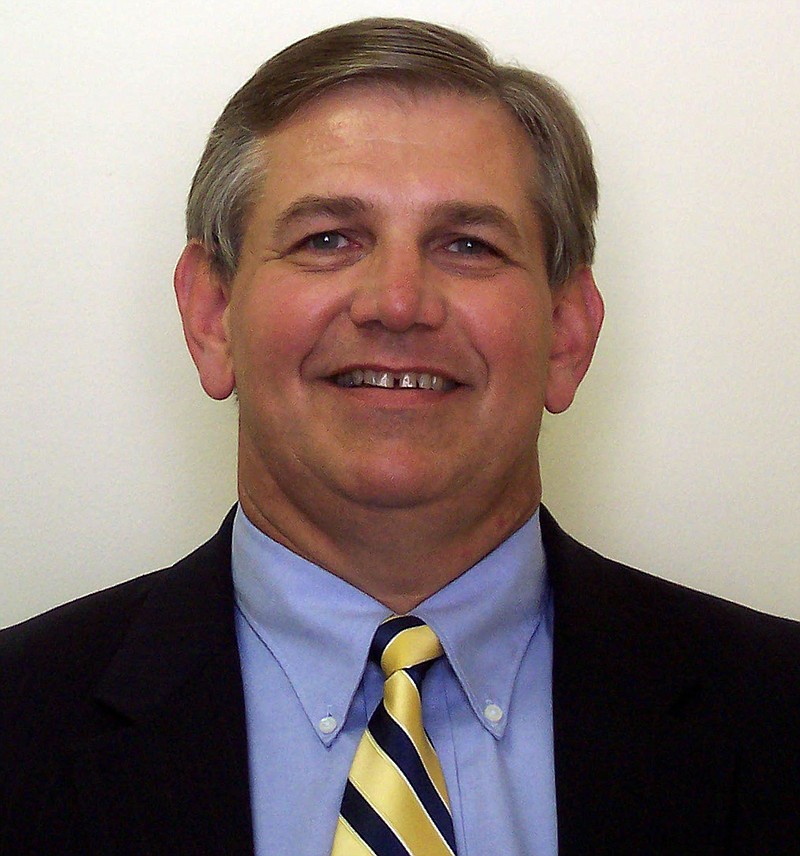Last week, an appeals court based in New Orleans struck down an important investor protection measure intended to reduce conflicts of interest in providing financial advice. Known as the "fiduciary rule," the regulation was promulgated by the U.S. Department of Labor and requires purveyors of financial advice to retirement investors place the interests of their clients ahead of their own. In its opinion vacating the rule, the Fifth Circuit Court of Appeals held that the DOL exceeded its authority. Now it's back to the drawing board.
How did we arrive at this juncture, and what are the prospects for reviving a fiduciary mandate for investment advice?
It's important to understand the meaning of the term. "Fiduciary" derives from a Latin word meaning "trust." In the U.S., a fiduciary is expected to fulfill duties of loyalty and prudence. That generally is interpreted to mean a reasonable degree of expertise, and the obligation to place the interest of the individuals being advised ahead of their own financial benefit. The codification of such duties of loyalty and prudence occurred in 1974 when the Department of Labor was tasked with safeguarding pension plan participants from mismanagement and malfeasance. This landmark legislation, commonly known by its acronym ERISA, imposed a fiduciary duty on trustees and advisers to pension plans, at the time the predominant vehicle for providing retirement income security. Financial consultants who advised or managed traditional pensions were prohibited from selling products to the plan and were held to a high standard of professionalism and responsibility.
As long as the average worker toted a lunch pail for 40 years and retired with a gold watch and a pension, this was adequate. But almost as soon as it was adopted, ERISA began to lose much of its relevance as alternatives to defined benefit (pension) plans grew in importance. Self-directed vehicles like 401(k) and 403(b) plans as well as IRA accounts were specifically exempted from the fiduciary requirements of ERISA, while their share of the retirement savings market mushroomed to roughly 60 percent of all assets today. Responsibility for retirement investing has fallen increasingly on individual workers, while many financial providers such as brokers and insurance agents are not subject to a fiduciary duty but rather to a much less stringent standard of "suitability."
It has long been recognized that the status quo is unacceptable. In fact the Dodd-Frank act adopted in 2010 charged the SEC with the task of studying and adopting appropriate fiduciary standards on broker-dealers, but little progress has been made. Enter the DOL, which attempted to step into the breach with an extension of ERISA-type fiduciary requirements on brokers and agents selling investment products to 401(k) plans and IRA owners. While laudable, the effort faced two seemingly insurmountable obstacles: the complexity of the current industry structure, and the determined opposition from product salespeople whose compensation structures are incompatible with a fiduciary standard. Plaintiffs in the lawsuit seeking to strike down the DOL rule include trade associations promoting commission-based insurance products like variable and indexed annuities.
In the end the decision of the Court of Appeals to vacate the rule was probably correct: the Department of Labor overstepped its authority in extending pension plan oversight to commissioned salespeople beyond the scope of ERISA. The responsibility for addressing the current deficiencies continues to reside with the SEC as mandated in Dodd-Frank. Fortunately, after years in inaction, there is reason for cautious optimism on that front. The new SEC Chairman, Michael Clayton, promises the issue is at the top of the Commission's agenda for 2018.
Next week, we consider what that might look like.
Christopher A. Hopkins, CFA, is vice president and portfolio manager for Barnett & Co. in Chattanooga.

